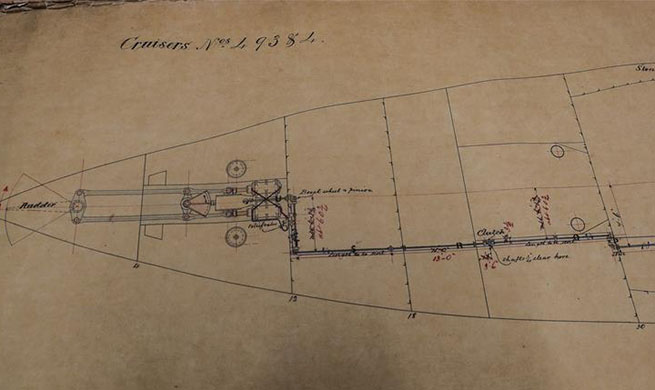SYDNEY, Dec. 12 (Xinhua) -- Biosecurity officers in the Australian State of Queensland have enlisted the help of a very small ally to help fight a devastating coral cactus infestation.
Originally introduced to the country as ornamental plants, over the years eight separate species of the weed have escaped the garden and become a major problem for the Queensland's environment and agriculture industry.
"Of particular concern, is that these cactus species have very sharp barbed spines which can impale and immobilize small animals and prevent larger stock from eating, resulting in a painful death," Queensland Minister for Agricultural Industry Development and Fisheries Mark Furner said in a statement on Wednesday.
Last year, in an attempt to tackle the problem, authorities released a tiny insect in a weed-infested paddock to see if the biological agent could help save the land.
"Biosecurity Queensland officers released the cochineal insect (cochineal Dactylopius tomentosus) in February 2017 in a very large and dense infestation of coral cactus at Moama Station, north of Eulo, (850 km west of Brisbane)," Furner said.
"A visit to the site in November 2018 found that almost all coral cactus plants within a 120 hectare paddock had been completely killed and that the insect had spread onto scattered coral cactus plants several hundred meters away from the core infestation.
"This fantastic result, which allows the land to be used productively again, mirrors outcomes at numerous other sites, including Longreach and Hebel, where the insect had controlled coral cactus within 21 months."
With the insect proving to be a useful tool in the fight against coral cactus, Furner and biosecurity authorities in Queensland said there is now a great deal of "hope" for land managers right across the country who have have been plagued by the crippling weed.













